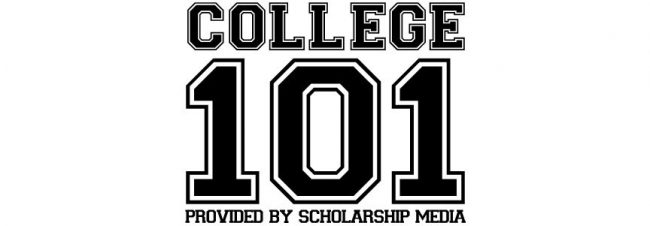It won’t be too long now before I’m out in the “real world” – with all of the stressful things that come with that! I’m more than a little nervous about some of what I’ll soon have to deal with, particularly when it comes to budgeting. One worry that I keep dwelling on is the possibility that I’ll have medical expenses I can’t handle. I know that, in America, it’s still pretty easy to be blindsided by serious healthcare costs. How can I make sure that I’m not financially crippled by a health issue?
Healthcare isn’t cheap, unfortunately, but there are a lot of things that you can do in order to ensure that you’re as prepared as possible for any unexpected medical expenses. Let’s take a moment to go over some of the keys to maintaining your financial health while caring for your physical health!
Firstly and most importantly, you’re going to need health insurance. You can get health insurance through your work, through your school, or – if you qualify – through the individual healthcare exchanges run by the states. No matter where you get yours, it pays to do your research and choose the best policy you can for your needs. Insurance may not seem like much fun, but it’s worth the effort it takes to delve into your policy and its coverage. Modern websites and apps make this easier to do than ever, note the developers behind one widely used policyholder portal module.
Once you have the best insurance you can, you’ll want to be proactive about your health. Visit your primary care physician regularly for important check-ups, and follow the right procedures in order to get referrals and other documentation before you head to specialists. Referrals can be key when it comes to getting your insurance to cover specialists, say the neurosurgeons in Teaneck, New Jersey.
Of course, dealing with sudden health issues is going to be pretty pricey even with great insurance – copays and deductibles will see to that. That’s why it pays to also make sure you have a healthy emergency fund ready to go when you need it.
A good emergency fund should be stashed somewhere that’s easily accessible – think checking account, not 401(k). And you should keep adding to it until you feel that you have an appropriate safety net. More is better, of course, but experts tend to peg the minimum at around three months’ worth of expenses (saving up to nine is fine, too!). The idea of an emergency fund is that you can weather an emergency, of course, and that could mean losing your job, falling ill, or having any number of other surprise expenses or income cuts.
You may also be able to stash cash in tax shelters designed to help you cover medical expenses. Ask your employer about health savings accounts (HSAs), which are designed for precisely this purpose. If you’re self-employed, your state may have an individual equivalent for you.
Healthcare expenses pose a risk for all of us, but there’s a lot that you can do to offset the risk that you, specifically, are exposed to. Take the advice above, and take care of your health, too!
“If saving money is wrong, I don’t want to be right.” – William Shatner









